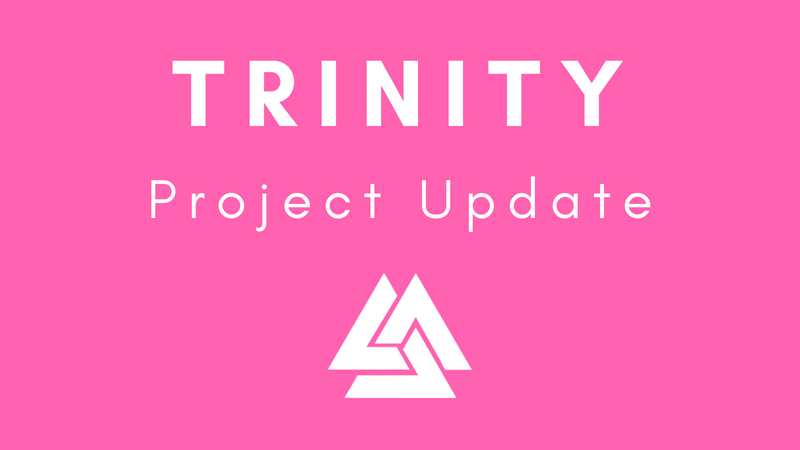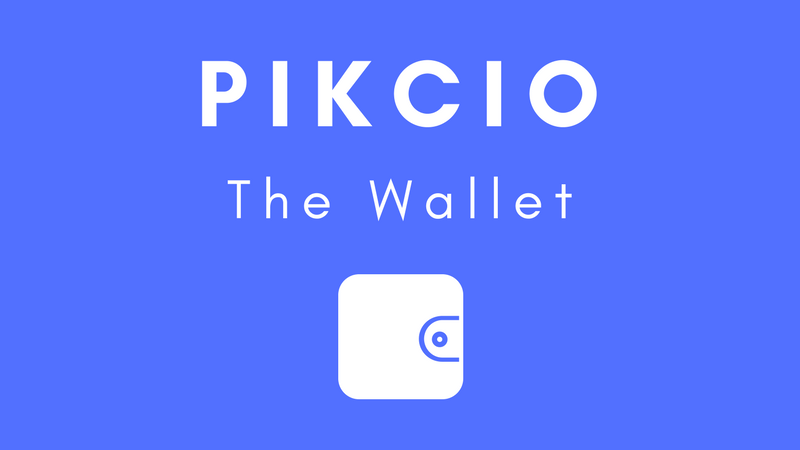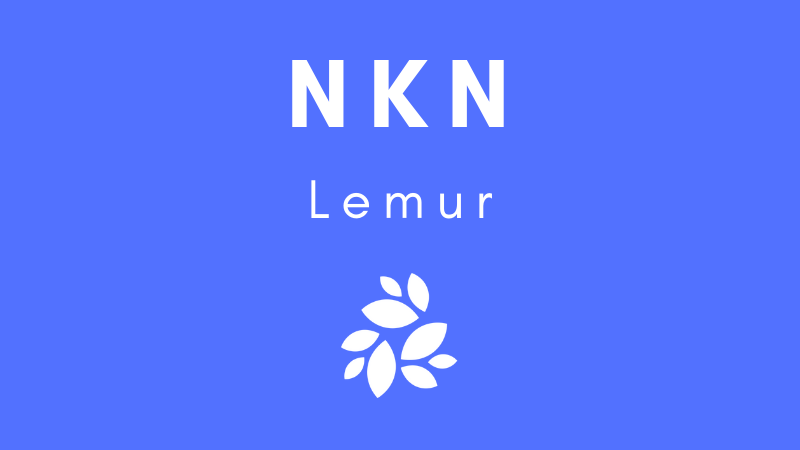
Trinity has released its August monthly report, launched the ETH-based Trinity State Channel Protocol, and opened registration for the simple node deployment platform. The Trinity protocol is a universal off-chain scaling solution that uses state channel technology to create private payment channels and real-time transactions. The protocol is agnostic, and now operates on top of two blockchain platforms: NEO and Ethereum.
Bi-Monthly Report (August 16th to August 31st)
With regards to Trinity development on the NEO blockchain, the team made progress on the maintenance of the online deployed MainNet and TestNet channels; and, fixed the syncing issues of deployed MainNet nodes.
In the second half of August, Trinity was able to provide technical support for the minting of tokens, and trading of assets for its partners. Additionally, the team progressed on solutions for issues with the application of blockchain copyrights.
Trinity has recently begun to shift its focus to a broad range of technical research to “explore the possibilities of off-chain scaling solution.” Areas of research conducted in the past few weeks included:
- The add/delete mechanism for dynamic nodes that run the byzantine fault tolerance (BFT) consensus algorithm;
- Privacy protection schemes applied in blockchains;
- Application of state channels in blockchain-based authentication process; and,
- State machine of general state channels.
In a community Q&A, Trinity covered the return on investment (ROI) calculations for running a node, the Trinity routing algorithm, and node charge fees.
To read the full article, visit the following link:
https://medium.com/@TrinityProtocol/trinity-monthly-report-late-august-8b76ae9562b9
Release of the ETH-based Trinity State Channel
On August 31st, Trinity announced the official launch of the Ethereum-based Trinity State Channel Protocol.
State channels act as an off-chain mechanism designed to achieve real-time payment, low transaction fees, scalability, and privacy protection of NEO, and Ethereum assets. A state channel network can be seen as a secondary protocol layer that consists of private payment channels, with transactions settled on the main blockchain. Once a state channel has been confirmed and added to both parties devices, the Trinity (TNC) utility token is used to pay for network transaction fees.
To learn more about state channels and the Trinity Wallet, visit NEO News Today’s previous coverage.
Trinity also welcomes interested individuals to develop decentralized applications (dApps) using the ETH-Based Trinity State Channel Protocol. It has released a node configuration guide, which can be accessed by following the link below:
https://trinity.readthedocs.io/en/latest/en-EN/Trinity_Eth_Deployment_Guide_en.html
Simple Node Development
Following the launch of the ETH-Based Trinity State Channel Protocol, the team has released a simple node development platform that will allow users to host a node with “one click.”
The registration period for the simple node deployment is limited to Monday, September 3rd through the Friday, September 7th. Additionally, applicants will be selected based on activity levels, community contributions, and stake of tokens held.
Participants can register on Trinity’s website and with an Ethereum wallet at the link below:
http://apply.trinity.ink:8037/
Users selected to participate in the simple node development program will be notified within five working days after the application period closes.
For more information about Trinity visit the links below.







About The Author: Dylan Grabowski
Dylan is a reformed urban planner with a passion for covering the Neo ecosystem. His objective as a writer for Neo News Today is to report news in an objective, fact-based, non-sensational manner. When not behind a computer screen, he can be found in the mountains rock climbing. Find Dylan on Twitter (@GrabowskiDylan).
More posts by Dylan Grabowski